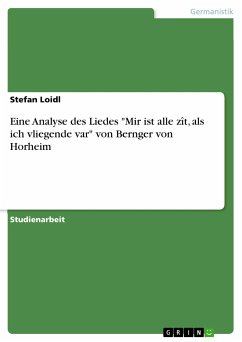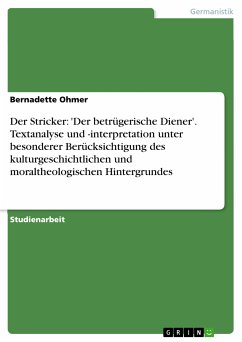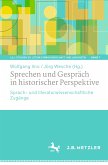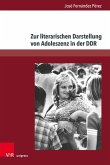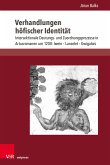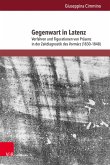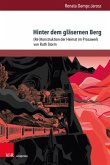The volume explores the theme of ambiguity in medieval and early modern literature in essays honoring the life and work of Arthur Groos, Avalon Foundation Professor in the Humanities at Cornell University, USA, emeritus. The famous expression diz vliegende bîspel from Wolfram von Eschenbach's Parzival is its watchword. In the poem the black and white plumage of the magpie represents the characteristic complexity, ambiguity, and ambivalence of the romance. Removed from its historical context the expression is also a figure of Arthur Groos's wide-ranging intellectual flight. In addition to his work on medieval German verse narrative, he has made important contributions to courtly love poetry, medieval and early modern scientific literature, early modern German literature in general, and especially to opera. Dr. Marian Polhill is Professor of Comparative Literature and Medieval Studies at the University of Puerto Rico, Rio Piedras. Her research and teaching interests include medieval literature, besti-aries, and the intersections of cultural and medical discourses
Dieser Download kann aus rechtlichen Gründen nur mit Rechnungsadresse in A, B, BG, CY, CZ, D, DK, EW, E, FIN, F, GR, H, IRL, I, LT, L, LR, M, NL, PL, P, R, S, SLO, SK ausgeliefert werden.



